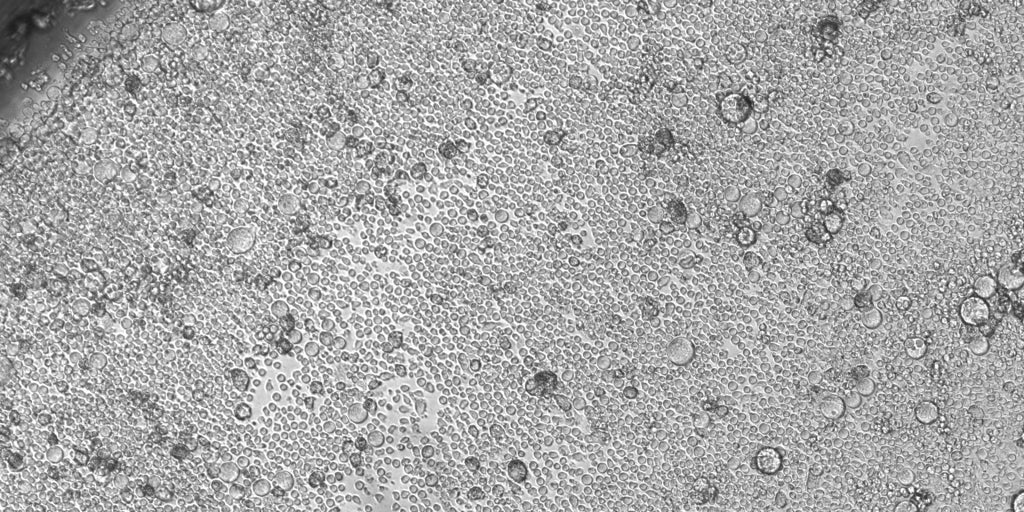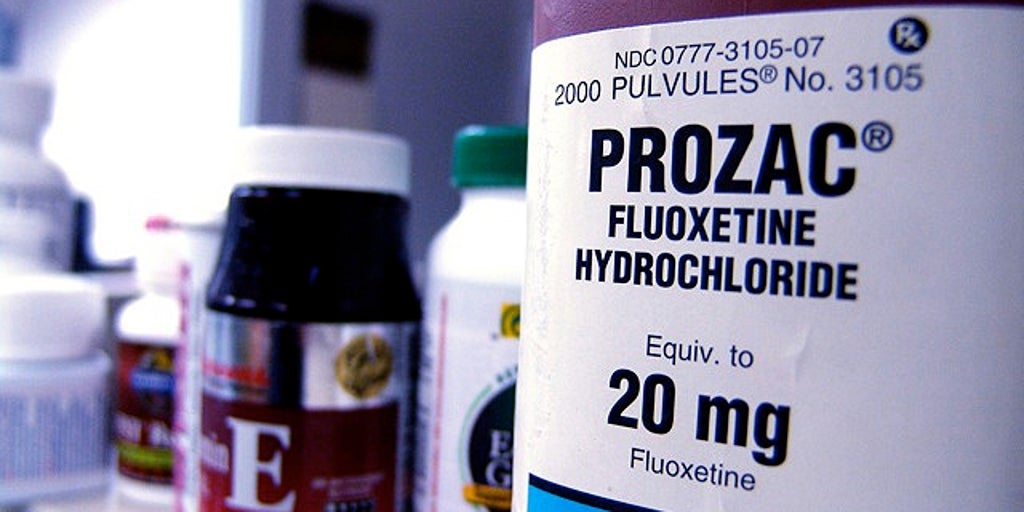Meningococcal B vaccine may protect against gonorrhea

A team of Italian researchers has discovered why certain approved vaccines against group B meningococcus may offer partial protection against gonorrhea, one of the most common sexually transmitted diseases in the world. The finding, published in the journal Science Translational Medicine , provides a mechanistic explanation for a clinical observation that has puzzled experts for years and opens new avenues for the development of vaccines and treatments against this bacterial infection.
Gonorrhea, caused by the bacterium Neisseria gonorrhoeae, affects more than 80 million people each year and can cause serious complications such as infertility or ectopic pregnancies. Furthermore, the pathogen has developed a worrying resistance to common antibiotics, and to date, there is no approved effective vaccine.
The European Centre for Disease Prevention and Control (ECDC) has recently warned about the increase in antimicrobial resistance in the bacterium Neisseria gonorrhoeae, which causes gonorrhea.
The organization noted a worrying trend in Europe, including in Spain, and calls for increased prudent use of antibiotics, especially given the increase in cases.
Data from 2022 show the presence of strains resistant to ceftriaxone , the main recommended antibiotic, as well as a high resistance to azithromycin, which increased from 14.2% in 2021 to 25.6% in 2022. This situation significantly reduces the available treatment options.
In this new study, researcher Marco Troisi and his team at the Toscana Life Sciences Foundation analyzed memory B cells from three volunteers vaccinated with the 4CMenB vaccine, approved against meningococcus B. From these cells, they isolated 17 antibodies capable of killing gonorrhea bacteria in culture. Of these, nine were directed against a protein in the gonococcus' outer membrane called PorB , four recognized other membrane components, and the remaining four acted on as-yet-unidentified targets. One of the anti-PorB antibodies also protected mice from infection, suggesting its potential therapeutic use.
"This work provides an explanation for the cross-protection phenomenon observed in clinical practice and demonstrates that obtaining human monoclonal antibodies may be key to identifying relevant bacterial antigens," the authors note in the article.
However, enthusiasm must be accompanied by caution. Santiago Moreno Guillén, head of the Infectious Diseases Service at Ramón y Cajal Hospital, warns that the data are still preliminary. "Basically, its main finding is to identify antibodies developed after vaccination against meningococcus B that would kill the gonococcus in vitro. I'm not able to judge whether the work is technically well done, although I imagine it is, given that it was published in this journal. But the results are very early, with possibly little impact," Moreno tells SMC .
Moreno points out that recent clinical studies have found no additional benefit from this vaccine in preventing gonorrhea. "A trial was recently published evaluating the use of doxycycline and the meningococcal B vaccine to prevent sexually transmitted infections. Doxycycline worked against syphilis and chlamydia, but the vaccine did not provide protection against gonorrhea ," he states.
Although the authors of the new study suggest that the identified antibodies could be used passively as a preventative measure, Moreno believes this approach is impractical. "It's preferable to administer the vaccine directly , if it proves useful, than to resort to passive antibody transfer as in COVID-19," he concludes.
abc





